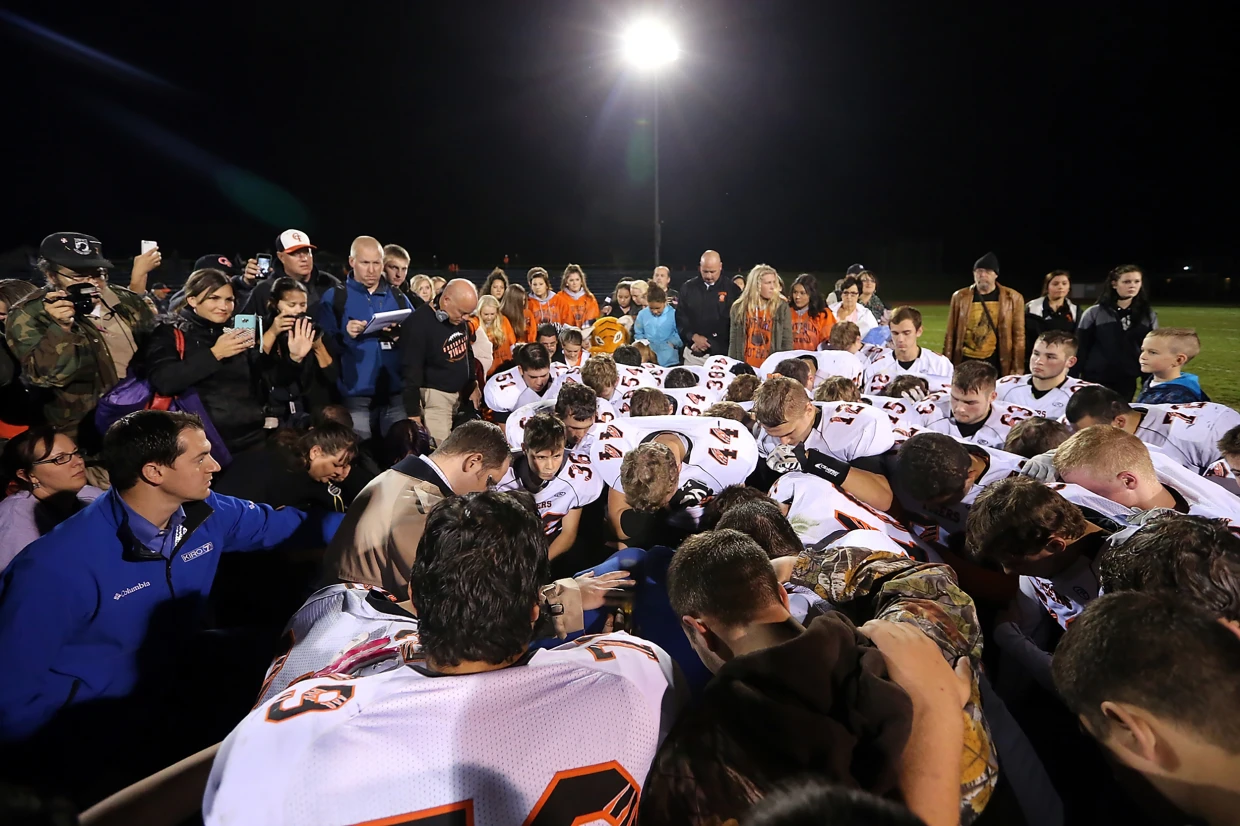He was gone, just gone. This was my belief after my brother Kevin died in a car accident in 1986. He was 23, and I was 21. All that remained were the memories of a fun-loving, caring brother with an impish streak.
I sensed my brother’s presence by my side at times during those first years after his death. But I did not think he was in some new, better world. Jews, I was sure then, do not believe in heaven. Right? The answer, I am learning, is complex.
During a session at the recent sisterhood retreat, Rabbi Carey Brown of Temple Isaiah, asked us to read a passage about creation from Zohar Hadash. The Zohar is a source for the teachings of Kabbalah, the mystical side of Judaism. Judaism teaches us that our souls remain after we die, and beyond that, “there are a lot of Jewish notions about the afterlife, the world to come,” Rabbi Brown said.
The Holy One gave each of us a soul, according to the passage we read, and the soul, unlike the body, will have eternal existence.
Do our souls then float into the universe after death? Do the souls of loved ones hover near us at times? Or do we just feel a loved one’s absence so intensely for a period that we subconsciously keep them inside of us? Some Jews lean toward mysticism and support the concept of an afterlife, while others deny that such beliefs can exist in Judaism.
Rabbi Brown loaned me The Mystic Quest by David S. Ariel [Jason Aronson publishing, 1988], and a section about Jewish mystics’ belief of the fate our souls was haunting. Ariel writes that during the Jewish seven-day mourning period “the soul travels back and forth between the grave and his home and participates as a mourner over his own body.” And, he continues: “The soul of the deceased passes through many trials before it reaches the heavens.”
I am not a rabbinical scholar or an expert on mysticism. I find the topic fascinating and perplexing. The gray areas make it even harder to understand what happens when we or our loved ones die. But then again, are we really supposed to know?




